Patient Education
Normal and Abnormal Mood States
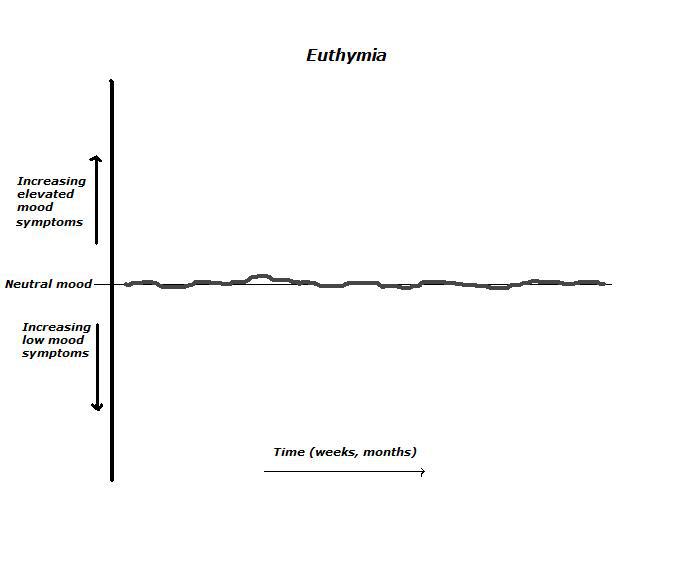
Euthymia
Euthymia describes a normal mood or emotional state. Our moods are normally tied appropriately to life events and developments. A job promotion, for example, may lead to a “good mood” of happiness and pride in our work, which is entirely appropriate. Also appropriate to that event may be some measure of anxiety, associated , for example, with the prospect of meeting increased job demands or responsibilities.

Depression
Mood disturbances in depression lead us to feel persistently and pervasively low or unable to experience joy or pleasure. When depressed, we may be pessimistic and tend to view the “glass half empty” rather than half-full. We may be so devoid of hope that we see no reason to go on living, our future (and past) colored in a negative light as far as the eye can see.
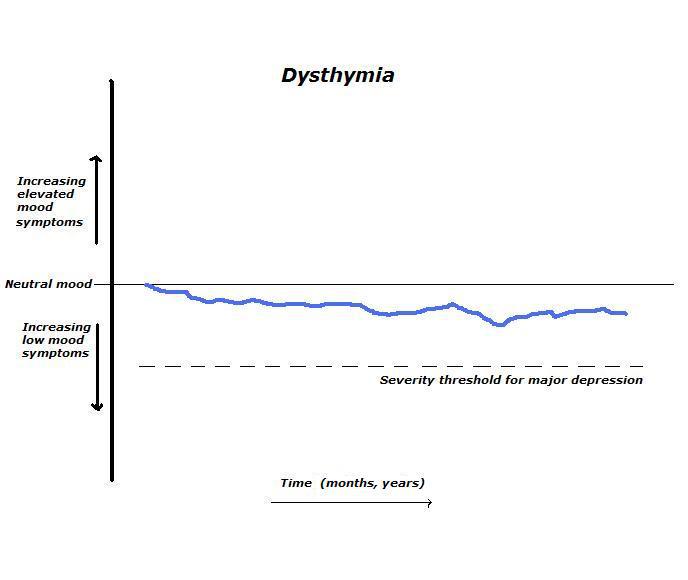
Dysthymia
Dysthymic disorder is a long-lasting type of depression not symptomatically severe enough to warrant a diagnosis of major depression. People with dysthymia may have complaints lasting 6 months or longer (typically many years) of, for example, low mood, irritability, anxiety and sleep difficulties.
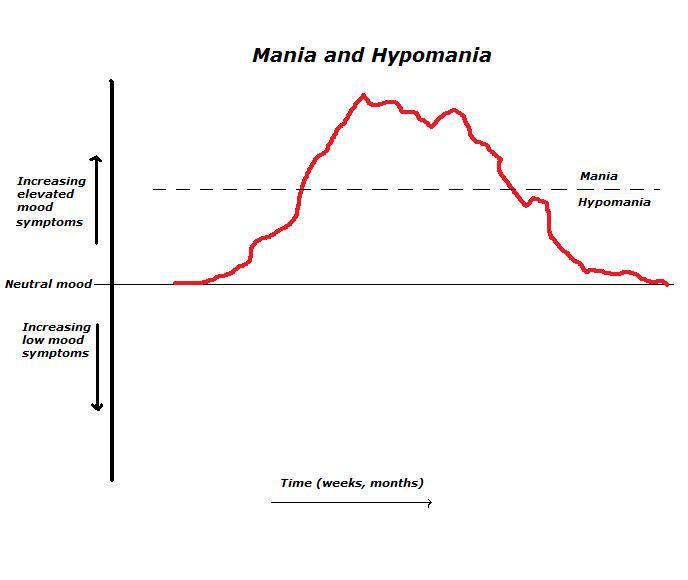
Bipolar Mania and Hypomania
These affective states are characterized by abnormal and sustained elevations in sense of well-being, mood, speech, energy, sense of self-importance and similar symptoms. Individuals with mania or hypomania often have less need for sleep and typically engage excessively in productive or pleasure-seeking behaviors.
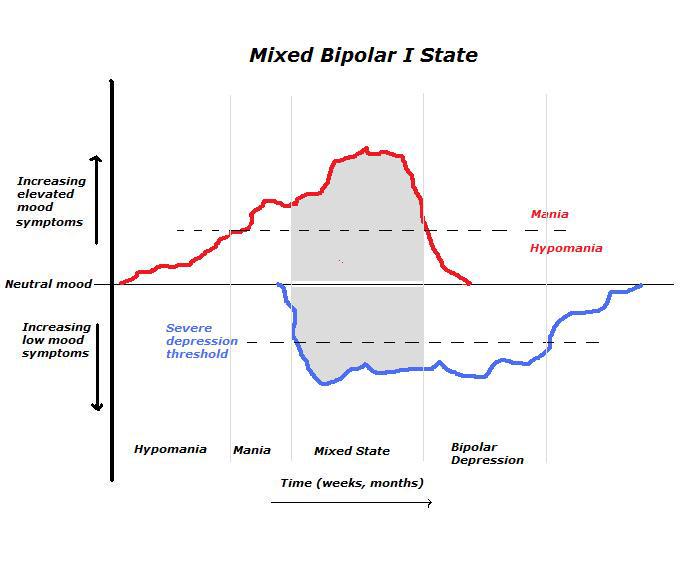
Mixed Bipolar States
In these common but underrecognized bipolar states, both manic symptoms and a full syndrome of depression are present at the same time. In clinical practice, pure bipolar depressive states and pure manic states are likely less common than mixed states, where significant elements of both states are present simultaneously.
Mechanism of Action of Antidepressants
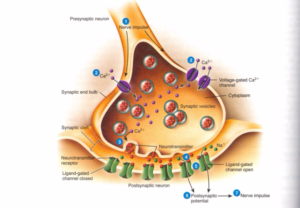
Mechanism of Action of Antidepressants
The main benefits of SSRI antidepressants are believed to involve a chemical in the brain called serotonin. Serotonin is one of the neurotransmitter chemicals important in communication between nerve cells. When a nerve cell is activated, a neurotransmitter is released from the nerve cell ending or terminal.
Cognitive Side Effects of ECT
Ketamine
Research over the past ten years has revealed significant antidepressant benefit of the anesthetic ketamine. In use worldwide for over 50 years as an injectable general anesthetic, many studies have shown that doses one-quarter the usual anesthetic dose, delivered by intravenous infusion over 40 minutes, lead to rapid and marked improvement in approximately 70% of patients with severe depression. While the antidepressant benefit is apparent within hours after even a single infusion, this benefit is short-lived and typically wanes in about a week. Two or three infusions per week, for two or three weeks, typically produce more sustained benefit, lasting approximately three weeks after the final infusion. Ketamine infusions of long duration also show benefit in the management of certain types of chronic pain, especially neuropathic pain. There are approximately sixty centers in the United States utilizing ketamine for treatment of depression, some of which also provide the infusions for other conditions as well (neuropathic pain, PTSD)
In conjunction with Christiana Care Department of Psychiatry, I developed a program for treatment of depression with ketamine. This program has now ended and is no longer available; however, as ketamine nasal spray is on the market and available at several sites in northern Delaware for adjunctive treatment of depression.
Ketamine FAQ
- Ketamine Advocacy Network
- Ketamine For Treatment-Resistant Depression
- Antidepressant Efficacy of Ketamine in Treatment-Resistant Major Depression
- Ketamine Lifts Depression via a Byproduct of its Metabolism
- Anti-anhedonic effect of ketamine and its neural correlates in treatment-resistant bipolar depression
- R-ketamine: a rapid-onset and sustained antidepressant without psychotomimetic side effects
- Effects of Ketamine on Explicit and Implicit Suicidal Cognition
- Replication of Ketamine’s Antidepressant Efficacy in Bipolar Depression